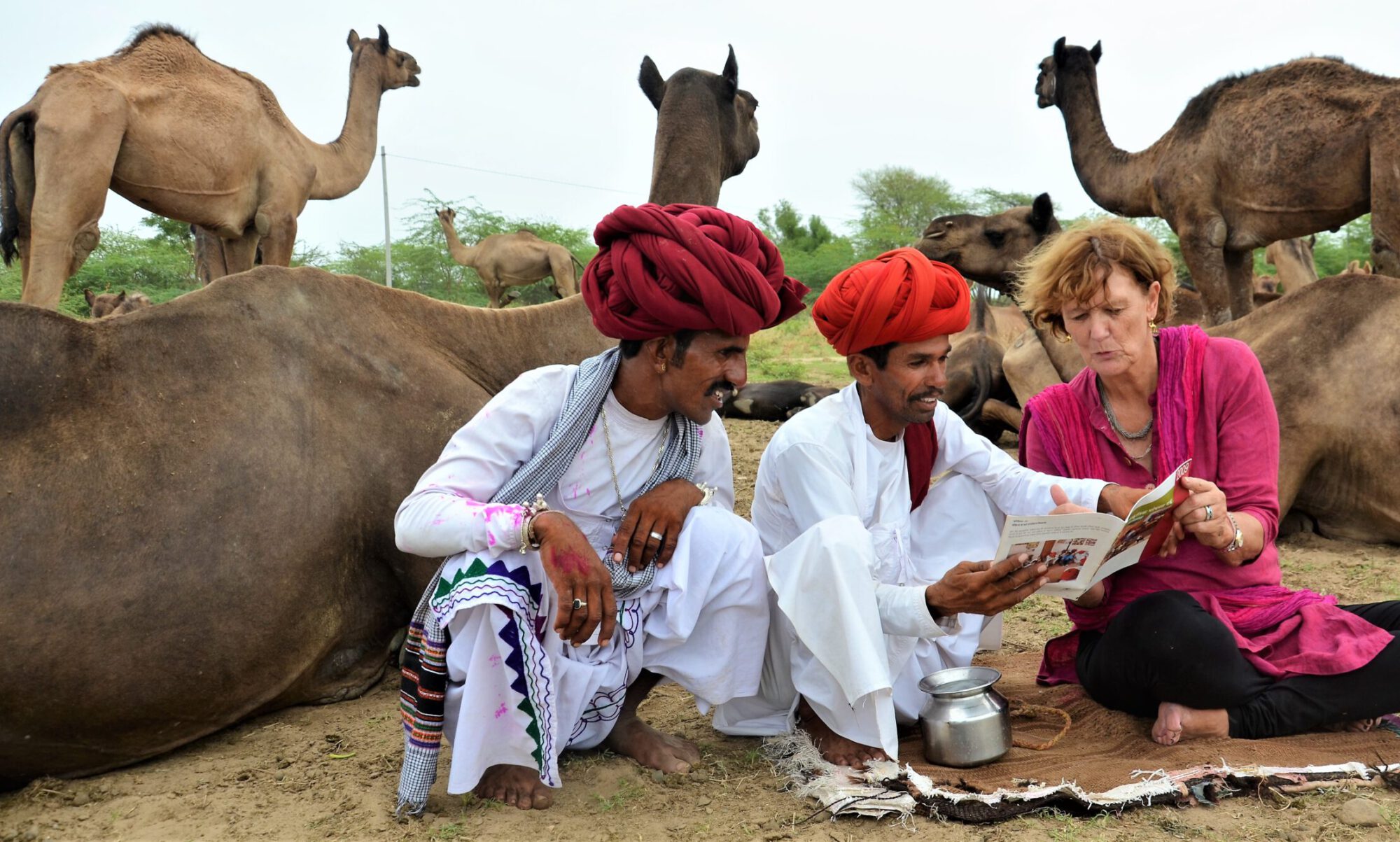Selling food from cloned animals without special labelling has been confirmed as legal by the European Commission, while at about the same time representatives from USA, New-Zealand, Brazil, Argentina, Paraguay issued the Buenos Aires Declaration on Livestock Cloning, under the guise that such new technologies would be essential for food security. I beg to differ for the following reasons:
- It is undemocratic: While 58% of European consumers are against it, in the USA its a whopping 67% that oppose eating meat from cloned animals or their descendants.
- It is causing immense animal suffering: According to the European Food Safety Agency (EFSA), “health and welfare of a significant proportion of clones have been severaly affected, often severely and with a fatal outcome.” Only a small percentage of the embryos actually survive and the remainder develops in odd ways.
- It is eroding genetic diversity: pretty soon the supermarkets will only want products from exactly the same animals – so they can fit better into the standardized trays.
- It undermines food security: We dont need more soy-bean and corn guzzling super animals – that basically compete with humans for food/feed. Instead we need robust, vital and self-contained animals that can fend for themselves and live off the vegetation of the drylands and mountainous areas of the world – that would otherwise go unutilized. Only pastoralists keep these types of animals, and they dont lend themselves to cloning, since much of their behaviour is learned and not genetically inherited, as my friend Saverio Krätli has convincingly shown.
- It is a waste of resources – that benefits only the scientists and companies that have invested not only in the technology but also substanial amounts in lobbying lawmakers.

 Follow
Follow